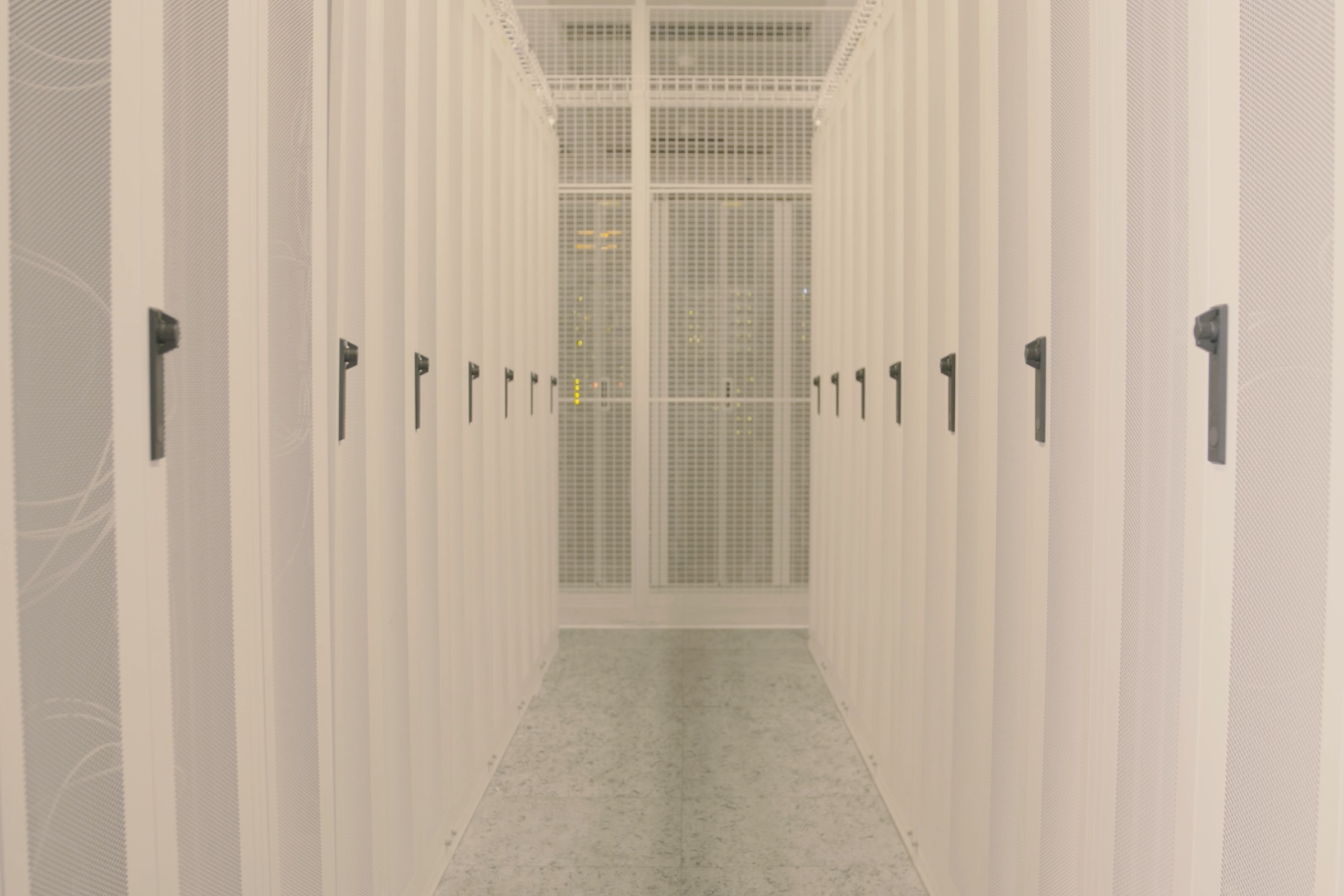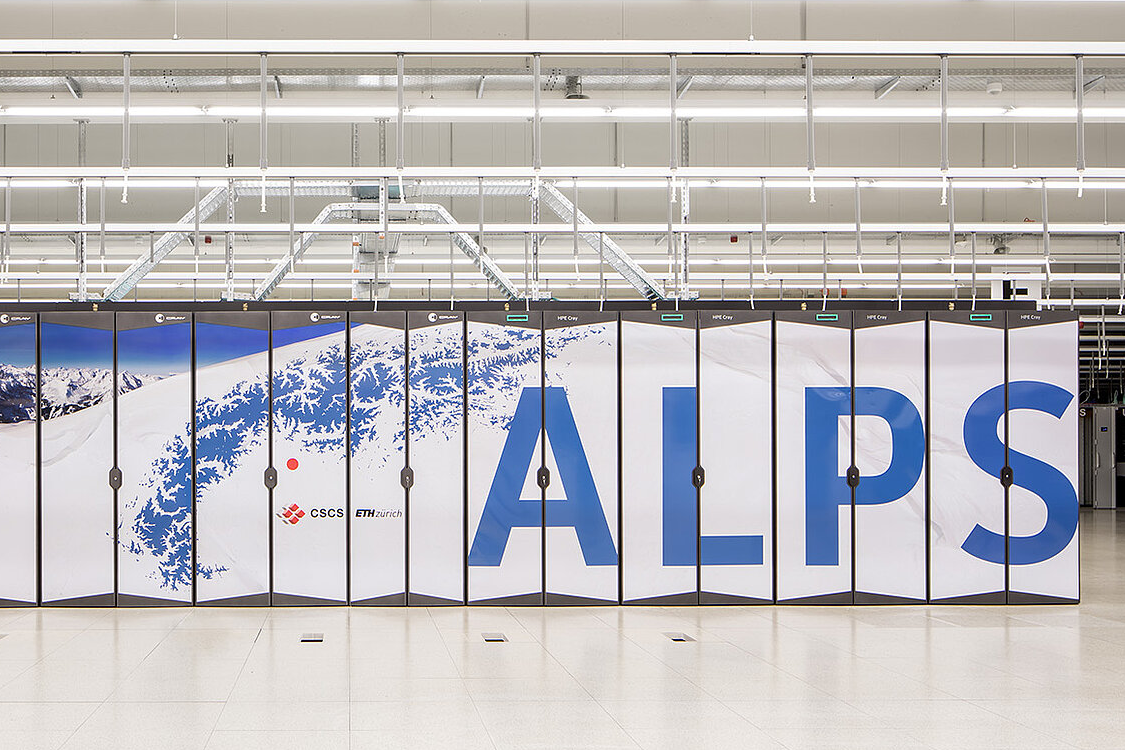Science IT Computing
Don't know which computing service is right for you?
The computing service selection guide can help you decide which service best matches your research needs. Please note that this guide offers only very rough guidance. For further consultation on which service is most suitable, ask contact Science IT for help.
For research involving sensitive data it is recommended to make use of Secure Computing Services. Further information can be found on the Secure Computing webpage.
Support and training
Science IT helps researchers of UZH in using the computing services in multiple ways, including:
- Gaining access to specific computing services (e.g. ScienceCloud)
- Guidance on use of the computing services (e.g. how to run a GPU job)
- Helping resolve issues and problems you have using a computing service
- Providing training recommendations to meet prerequisites
- Supporting on the IT aspects of your research problem
- Clarifying any additional related questions you might have
For help contact Science IT.
For introductory courses see Trainings.
Further IT support
Science IT is a specialized unit at UZH that provides a set of centrally operated IT computing services for all UZH researchers. As such, Science IT
- complements the IT support provided by your local IT-Coordinator and
- is part of Central IT (Zentrale Informatik).
For services not operated by Science IT we recommend you first get in contact with your local IT-Coordinator or contact the IT Service Desk.
How to get access
If your group already has a Science IT Computing Services agreement in place:
- Contact your supervisor to learn who is the project manager within your group
- The project manager will then initiate your access
If your group is starting to use Science IT Computing services:
- To get onboarded contact Science IT to schedule an initial meeting
- Topics discussed in this meeting include: Your use cases, services overview, terms and conditions (incl. costs), trainings, support provided, next steps
Terms and conditions
- Framework agreement covering all Science IT Computing Services
- Pay-per-use cost contribution model
- Usage within limits of regulations related to use of IT at UZH
- Access to computing services restricted to UZH researchers
- More details (incl. costs & FAQs) are available in the UZH Intranet



